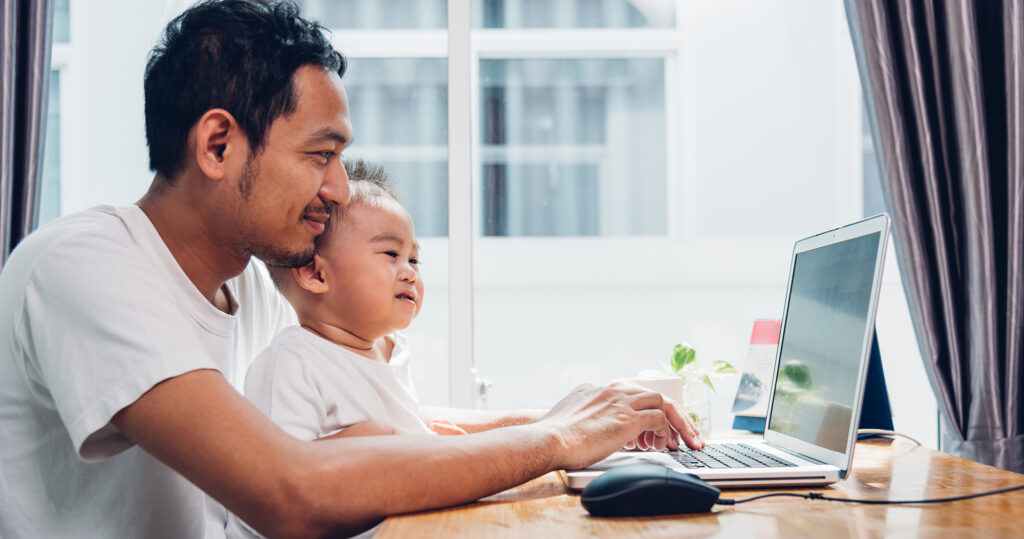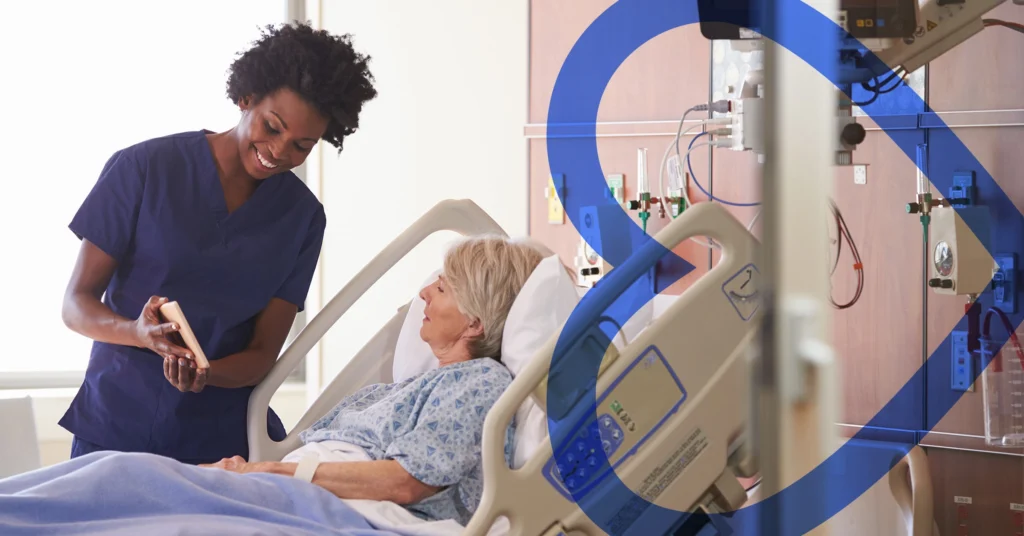
Last week, when I was walking through the halls at Stanford Children’s Hospital, there was an eerie sense of calm before the storm in the OR complex.
The coronavirus pandemic has created unprecedented stress. This undermines our health, happiness, and resilience. It saps our energy when we need it the most. Some brave healthcare workers are on the front lines. Others are sheltering-in-place at home. For those of us at work in hospitals and clinics, uncertainty about what protective gear to wear and even whether the supply of vital N95 masks and other equipment will be in critically short supply breeds stress.
Adaptive versus maladaptive stress
Acute stress may be adaptive. The surge in epinephrine (adrenaline) and cortisol levels in the bloodstream bolster the “fight or flight” response that may help us escape danger. However, when the condition lasts for days, weeks, and even months — as this pandemic already has — this chronic stress is maladaptive.
Effects of chronic stress
Chronic stress triggers premature aging, compromises our immune defenses, and undermines our sleep. It is worsened when we obsess on the past and future and fail to experience the present moment, wherein peace and happiness dwell.
We have an innate tendency to ruminate over the past — Why didn’t we act sooner? — and feel anxious and fearful about the future — When will this end? While it is adaptive to learn from our mistakes and embrace happy times in our past and plan for the future, it is maladaptive to obsess on the past and future.
How can we be more present to release stress and embrace happiness?
The other pandemic
Even before the current crisis, I was concerned about another pandemic — burnout in medicine. In my new book “GAIN Without Pain: The Happiness Handbook for Health Care Professionals,” I highlight a four-step solution developed for healthcare workers: Gratitude, Acceptance, Intention, and Nonjudgment. With COVID-19 pandemic triggering extreme stress, social isolation, and uncertainty about the future, the four-step solution is more important than ever.
Step 1: Gratitude
We all have much for which to be grateful — even in the current situation. We have loved ones in our lives with whom we share many of life’s pleasures (albeit virtually these days, for many of us). And, we are fortunate to live where we do, with the comforts of running water and a warm and safe place to reside, without threat of war and famine. In healthcare, we enjoy the privilege of working with colleagues as a team while caring for our patients. We have this day to savor.
Step 2: Acceptance
At the same time, pain and suffering are intrinsic to life, especially now. We experience loneliness, self-doubt, the loss of close connection with family and friends. Our bodies fail us. We tend to resist these feelings, to push them away and repress them. This resistance, in fact, magnifies our suffering. This may be represented in the equation, Suffering = Pain x Resistance. Gradually rewiring our brains to open our hearts brings this pain closer and closer until we consume it and merge with it. We can let go of the resistance and see that there is nothing there to fear, and our suffering diminishes.
In medicine, we must accept that we are only human and are imperfect, and we will not always diagnose and treat our patients flawlessly. We can treat ourselves as we would a close friend, letting go of blaming and judging ourselves harshly.
Of course, there are things of which most of us are afraid. The obvious one right now is coronavirus infection and its ripple effects on all of us around the world. We might all learn from Franklin Delano Roosevelt, who famously said during his first inaugural address, “The only thing we have to fear is fear itself.” I believe that he meant that it is our resistance to fear — in his context, it was the Great Depression — that magnifies our suffering. If we bring our awareness to the present, prepare as best we can, and let go of catastrophizing future events that may never come to fruition, our fear and suffering will be minimized.
Step 3: Intention
We tend to dwell on painful thoughts while forgetting the positive ones — especially as social media and news sources provide a constant stream of bad news. However, our brains are plastic, and even as adults, we can rewire them if we practice intention and purpose. We can focus our thoughts on being more positive and gradually overcoming our negativity bias.
A good example is the Three Good Things program initiated at Duke University — simply thinking of three good things that happened during our day each evening before we go to bed results in better sleep and a more optimistic outlook. Yes, we can reprogram the way we think to become happier by using intention.
Step 4: Nonjudgment
We all tend to evaluate others and determine whether they are more or less intelligent than we are, too fat or too thin, good or bad drivers, kind or nasty. Our minds are constantly sizing up people, and this is exhausting. We can direct our intention to letting go of these judgments and simply accept the world exactly as it is. We did not cause sickness and suffering in the world and we cannot cure it. Blaming others for the crisis or the response does us no good, either. Letting go of judgment is uplifting and calming.
How to begin a 3-minute meditation practice
As I share in my book, we can begin our practice of Gratitude, Acceptance, Intention, and Nonjudgment with a three-minute meditation every morning. We learn by repetition, by taking baby steps every day. Here is a simple practice to get you started:
Begin: Set your alarm for three minutes earlier than usual. This sets your intention for the practice.
Breathe: Find a quiet, comfortable place to sit. Close your eyes and focus on the breath, slowly inhaling to a count of three, holding for a count of two, then exhaling to a count of four. Slowing the breath brings attention to this moment.
Focus: Bring your attention to what you are grateful for, including the wonderful privilege of helping patients, working with a wonderful team of colleagues, and having this day to enjoy.
Let Go: Consider accepting the pain and suffering we all experience. Bring intention and purpose to your thoughts and actions and let go of all judgments.
When we open our eyes, we are peaceful and present. And we are off to a good start for the day. We can practice these essential elements as the day unfolds, one small bite at a time until GAIN is the foundation of our thinking.
Building resilience for the future
We are all experiencing unprecedented chronic stress during the current crisis. This not only robs us of the enjoyment of each present moment but has deleterious effects on our health. Though we cannot cure COVID-19 (yet), we can embrace Gratitude, Acceptance, Intention, and Nonjudgment. We can point ourselves in the direction of peace and happiness.
This pandemic will one day end. For now, we can increase our resilience so that we can be stronger and happier than ever. ♥


